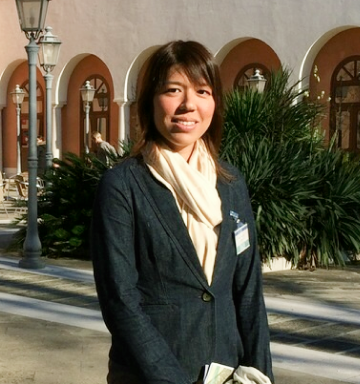A simplified and convenient initiative, the scheme makes it easier for everyone to return and recycle their beverage containers and is a positive step towards more sustainable packaging waste management.
I always try to bring my own container for my takeaways – be it a reusable box for food or a tumbler for drinks. Such a lifestyle habit plays an important role in a circular economy system, where packaging waste is avoided by not generating it in the first place.
But I cannot do the same for pre-packaged beverages, like my favourite jasmine tea, cold milk and juices, which are bottled for off-the-shelf purchase.
The packaging materials used for the containers of these beverages play an important role in keeping the drinks fresh for a longer time. But we often hold them in our hands for just a few minutes before they end up in rubbish bins – throwing away precious material that can be recycled.
Recycling is one of the important pillars in the “circular economy”, ensuring that used material is circulated for manufacturing without the need to extract virgin resources. By ensuring that such materials are not lost through incineration or in landfills, recycling contributes towards preserving the environment since the step to extract virgin materials is eliminated.
Knowing this, I make it a point to drop my empty bottles or cans into the blue recycling bins. I just need to make sure I have cleared them of any remaining liquid. For many years, the big blue recycling bins located in convenient areas, including Housing Board estates, have encouraged the public to recycle more.
However, I am also aware that our blue bins’ contamination rate hovers around 40 per cent. Therefore, for many of us who want to recycle, the doubt is real on whether our recycling efforts are truly worthwhile. Furthermore, disposing of liquids and food waste causes other items meant for recycling to be rejected.
Contamination also comes from a phenomenon called “wishcycling”, which is the act of putting something into the recycling bin and hoping that the item will be recycled and not incinerated. To some extent, it offers a sense of redemption for over-consumption.
This is why I am elated that the beverage container return scheme is coming to Singapore. Canada started implementing it in 1970 and it is now enacted in about 50 jurisdictions, including several states in the US, Australia and many European countries.
Under the proposed scheme, a small deposit of between 10 and 20 cents will be added to the price of all pre-packaged drinks in plastic bottles and metal cans that are 150ml to three litres. Consumers can claim a refund of the deposit when they return their empty beverage containers.
The scheme focuses on one easily recognisable packaging – the beverage container – which has high recycling value as it can be remade into a new container.
Instead of the blue bins, reverse vending machines (RVMs) will be deployed to let the public return such containers. The technology used in RVMs will also ensure that only regulated and empty containers are accepted. I understand that a label unique to the scheme will provide authentication for acceptance of refund at conveniently located RVMs around Singapore. This will reduce the possibility of contamination and ensure a collection of clean containers good enough for recycling to new ones.
Overflowing bins will be a thing of the past, since the RVMs will be managed by an operator with a tracking system. The scheme can provide sufficient feedstock of high-quality recyclables for more local recycling infrastructure and promote a circular approach.
The blue bins will continue to serve the recycling needs of other materials and packaging that are currently not regulated under the scheme. If you are wondering which are the correct and accepted recyclables for the blue bins, the Recycle Right campaign offers great tips.
A simplified and convenient initiative, the scheme will make it less confusing and therefore easier for everyone to return and recycle their used beverage containers. This is also a positive step towards more sustainable packaging waste management.
This commentary was first published in The Straits Times on 17 October 2022.





